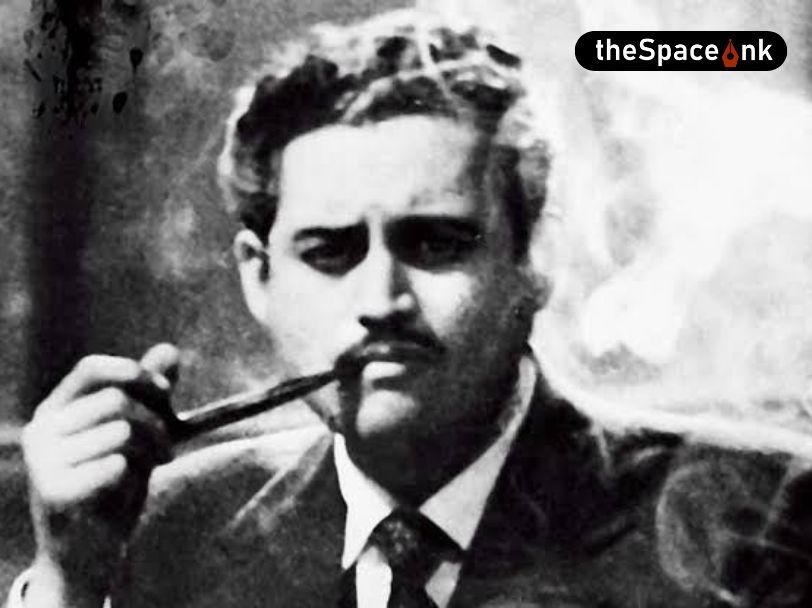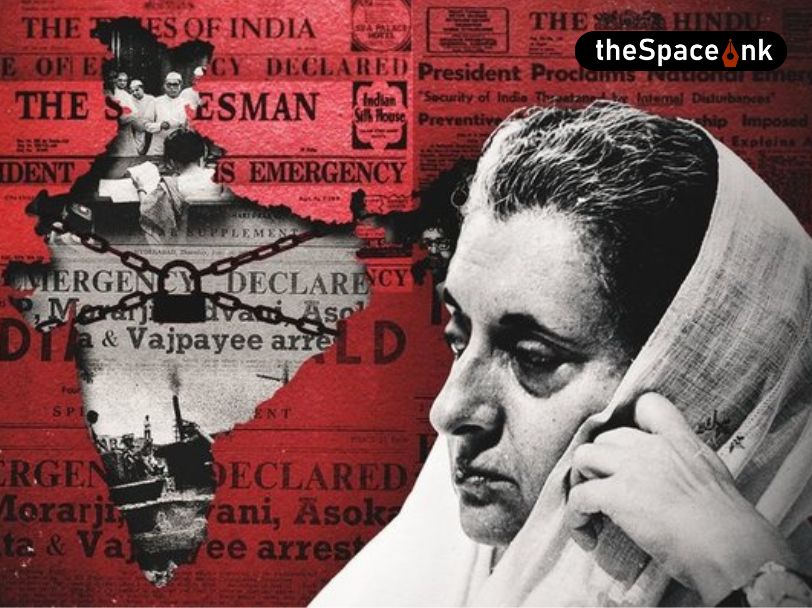“Human life has always been lived on the edge of a precipice.”
C. S. Lewis
For many of us reading a book provides a welcome escape from reality, especially in distressing times like these. But for writers, historic events have a profound impact on their compositions. Their works are not only a reflection of their struggle to comprehend and find meaning in deranged times, but have been a powerful documentation of the reality of grim times, whether it was the world wars, political unrest or natural disasters and the devastating blow they dealt to society.
History is replete with events of human suffering, but few can encompass the scale and impact of the two world wars when death and despair was everywhere, in every home and touching every person who lived in that era, and those to come. From highlighting and calling out the futility of war to grieving personal loss and glorifying patriots, literature has been a mirror of the times. One recalls the heart-wrenching words of doctor John McCrae, the Canadian Lieutenant Colonel who volunteered to serve in World War I from his poem titled, ‘In Flanders Fields.’ From the viewpoint of a fallen soldier, he writes, “In Flanders fields the poppies blow Between the crosses, row on row,”. In a similar vein, Wilfred Owen, Britain’s famous war poet’s poems, ‘The Sentry’ and ‘Exposure,’ depict intense pain and brutality from his firsthand experience on the battlefield in 1916. However, on the contrary, The English poet, Rupert Brooke’s poem titled, ‘The Soldier,’ written in 1914 is abound with patriotism and tells of a bond a soldier had with his motherland.
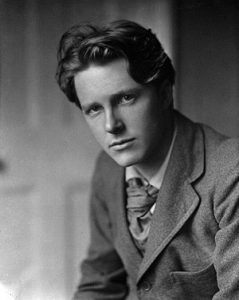
Also around the same time a nurse, Vera Brittain penned a collection of poems titled, ‘Verses of a V.A.D,’ which captures the numerous personal tragedies she lived through in France and Malta during her three year stint with the British Voluntary Aid Detachment when she lost both her brother and fiancé to the war. Even in the deepest despair, when the future seemed but a wisp of one’s imagination, humans never lost hope and even dared to love. American writer Ernest Hemingway’s novel, ‘A Farewell to Arms’ is considered one of his best works and is based on his personal experience during the Italian campaigns when he served in World War I. The novel set in a gruesome backdrop went on to become one of the best American war novels and tells a tender story of love between Hemingway and a nurse who cared for him when he was brought wounded to a hospital in Milan.
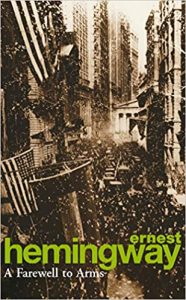
The aftermath of these world events are long lasting and their accounts can also be seen in one of the most renowned works of the acclaimed novelist Virginia Woolf. Mrs. Dalloway was set in those telling times and goes on to show the post-war trauma and its impact on someone who’s lived through the grief and terrifying uncertainty of the conflict. While a war by far is a more compelling enemy, with love and battles making for prime literary themes, Woolf rues the lack of literary works on sickness and disease despite them adding to the exacerbating havoc humans have suffered. In her work, titled ‘On Being Ill,’ she regards the vulnerability that illness evokes as a subject that needs to be explored.
But Indian born Pakistani writer Ahmed Ali’s novel titled ‘Twilight in Delhi,’ in which he captured the Spanish Flu is an exception. Although the account of devastation is real and he calls Delhi “a city of the dead…” it’s intriguing to read about how its people coped. He wrote, “They made songs and sang them and the leaflets containing them were sold for a pice each.”
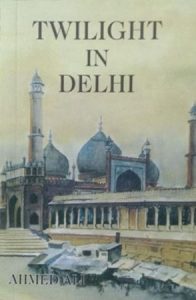
It’s natural for any crisis to make pessimists out of humans, but history has shown in times like these we always find a way to survive. And in their efforts to resist, to hold on and not allow these thoughts to dominate their existence, some writers have shown they can also create beautiful works that will inspire generations to follow. Especially when the world seems to have come full circle and once more we find ourselves in the grasp of unprecedented times. William Shakespeare is credited with creating some of his most impressive works, ‘Macbeth’, ‘King Lear’, and ‘Anthony and Cleopatra’, at a time when the bubonic plague was raging across London. The last title is believed to have been written while isolating from the dreadful disease.
John McCrae, the Canadian Lieutenant Colonel who volunteered to serve in World War I from his poem titled, ‘In Flanders Fields.’ From the viewpoint of a fallen soldier, he writes, “In Flanders fields the poppies blow Between the crosses, row on row,”.
Another example of an everlasting impression a pandemic leaves on a writer’s craft can be seen in C. S. Lewis’s experience of the deadly tuberculosis outbreak and how it shaped the renowned Anglo-Irish writer’s future works. According to elder brother W.H. Lewis, when the Lewis brothers found themselves confined indoors, the experience wasn’t all wasted. It worked as a creative stimulus and shaped their perspective, especially evident in the great writers’ later works.
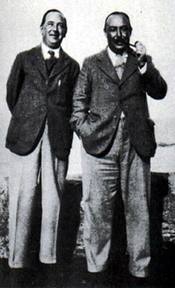
Closer home, it would be unfair not to acknowledge the steadfast positivism and faith that Rabindranth Tagore not only advocated through his works, but he also had been a living example of how the human spirit was unbroken in times of personal tragedies. One particularly touching instance of coping with the inevitable comes to mind, when his son suffering from cholera was on the verge of death. As he recounts the last moments with him, he wrote, “At a particular point of time, my mind seemed to float in a sky where there was neither darkness nor light, but a profound depth of calm…’
Today, when the mind is restless, fearful and anxious, it feels surreal to revisit their works that not only act as a catalyst to rekindle positive thoughts, it gives us hope that as humans, we have overcome in the past, and must keep faith.
Image courtesy: Wikimedia Commons and Pinterest
Lesley D. Biswas is a freelance writer and children’s author based in Kolkata. Her interests include nature, bird photography and cricket.




